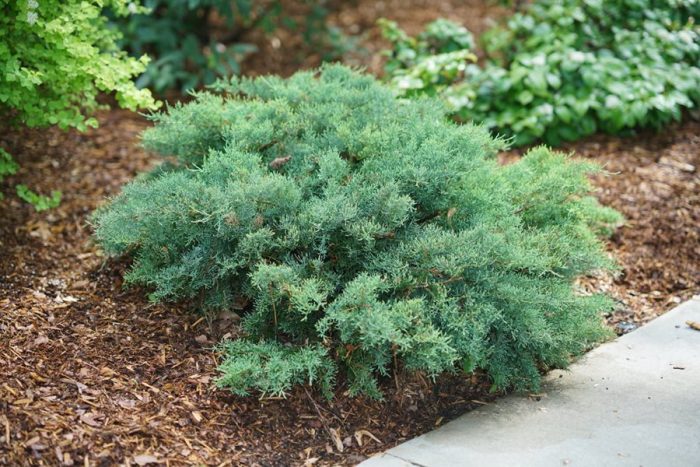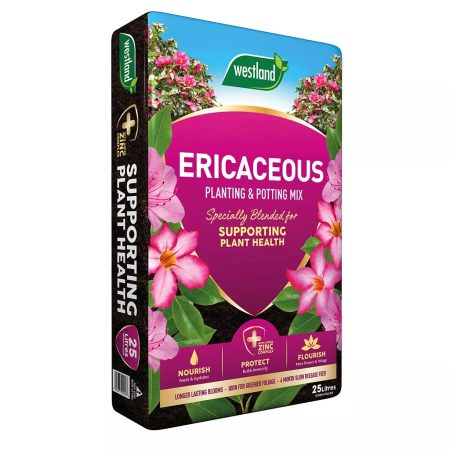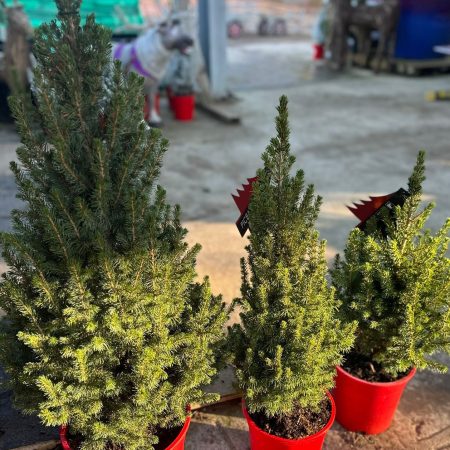Juniperus – “Varieties” 2 Ltr
£8.00
7 in stock
Juniperus Plant Description:
Juniperus is a diverse genus of evergreen conifers, commonly known as junipers. They come in various forms, from low ground covers to tall trees, and are valued for their hardiness, versatility, and unique foliage. Here’s a general description of Juniperus plants:
Foliage:
Leaves: Needle-like or scale-like foliage, depending on the species and cultivar.
Color: Foliage colors range from green to blue-green, silver, gold, or variegated.
Texture: The texture of the foliage can be fine or coarse, depending on the specific juniper.
Growth Habit:
Junipers exhibit a range of growth habits, including prostrate ground covers, mounding shrubs, and upright trees.
Some varieties have a columnar or pyramidal shape, while others have a more spreading or weeping habit.
Size:
Sizes vary widely among junipers. Ground cover varieties may stay low to the ground, while upright varieties can reach significant heights.
Some dwarf cultivars are suitable for small gardens or containers.
Cones:
Junipers produce small, berry-like cones. These cones can be a source of ornamental interest and are often blue-black or brown.
Bark:
Bark characteristics can vary. In some species, the bark exfoliates in strips, revealing inner layers.
Sun Requirements:
Most junipers prefer full sun for optimal growth and color development.
Some varieties can tolerate partial shade.
Soil Conditions:
Junipers are adaptable to a wide range of soil types.
Well-draining soil is essential to prevent root rot.
Hardiness:
Junipers are generally hardy and can thrive in different climate zones, depending on the species.
Uses:
Ground Covers: Low-spreading varieties are excellent for ground cover.
Foundation Plantings: Upright varieties can be used as foundation plants or in mixed borders.
Topiary: Some junipers are suitable for shaping into topiary forms.
Erosion Control: Ground cover junipers are often used for erosion control on slopes.
Drought Tolerance:
Once established, many junipers are drought-tolerant.
Wildlife Habitat:
Junipers provide shelter and food for wildlife. Birds may be attracted to the berries.
Cultural Significance:
Junipers have been used in landscaping and gardens for centuries and hold cultural significance in various regions.
Disease Resistance:
Junipers are generally resistant to many pests and diseases.
Proper spacing and good air circulation can help prevent issues like juniper rust.
Junipers are valued for their adaptability, making them suitable for a wide range of landscaping applications. Specific care requirements can vary, so it’s essential to choose a juniper variety that suits your climate, soil conditions, and aesthetic preferences.
| Flower Colour |
TBC |
|---|---|
| Size |
2 Ltr |
| Root Type |
Pot Grown |
| Foliage Colour |
TBC |
| Soil Type |
TBC |
Only logged in customers who have purchased this product may leave a review.






Reviews
There are no reviews yet.